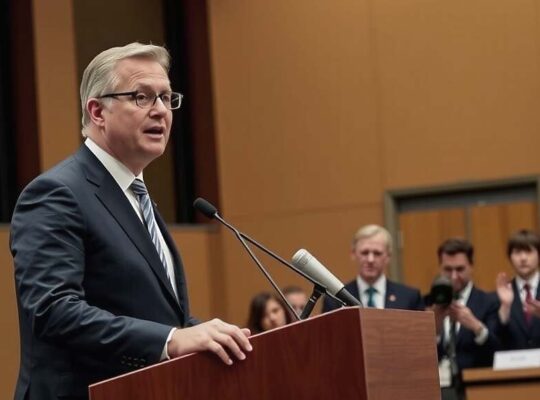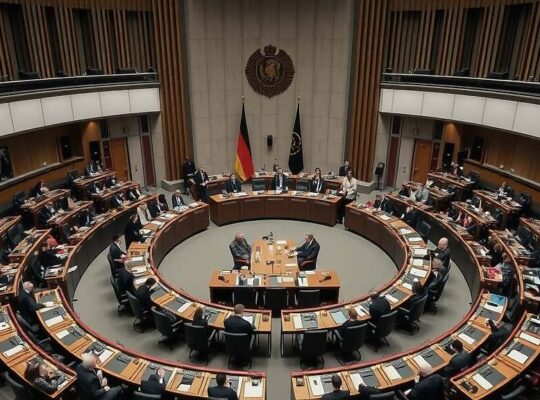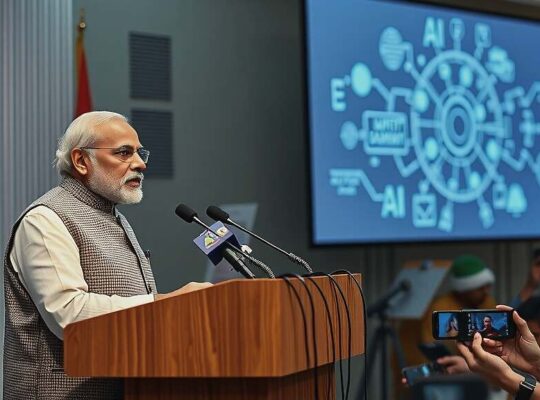The head of Germany’s largest statutory health insurer, the Techniker Krankenkasse (TK), Jens Baas, has launched a scathing critique of the increasingly unequal distribution of physicians across the nation, raising serious questions about the long-term viability and fairness of the German healthcare system. Baas’s comments, delivered in an interview with “Bild am Sonntag”, highlight a growing disparity between the experiences of those covered by statutory health insurance (GKV) and those with private insurance (PKV).
Baas argued that a paradoxical situation has emerged where individuals with statutory insurance – who, crucially, contribute the lion’s share of funding for the entire system – are routinely facing protracted waiting times to access specialist care. He pointedly observed that some statutory patients are effectively paying more than their private counterparts, yet receiving demonstrably poorer access to medical professionals. The CEO stated that the current state of affairs is untenable and demands a fundamental reassessment of the system’s structure.
At the core of the issue lies a stark geographic imbalance in physician distribution. Baas revealed a troubling trend: doctors are increasingly gravitating towards areas with a high concentration of private insurance holders, optimizing their income potential. He cited examples of affluent regions like the Starnberger See and Heidelberg, where the density of specialists, particularly orthopedic surgeons and general practitioners, far exceeds that of surrounding, less affluent areas. This phenomenon creates a two-tiered system where care is dictated not by need, but by purchasing power.
The CEO’s remarks implicitly acknowledge the economic realities driving physician location choices, recognizing that it’s a rational business decision for doctors to establish practices where they can maximize earnings. However, he forcefully condemned this arrangement as a systemic failure. “As a system, it’s foolish” Baas declared, advocating for a restructuring that compels physicians to locate where patient need is greatest, regardless of insurance type.
The criticism has ignited a national debate about the future of German healthcare. While politicians have acknowledged the problem, solutions remain elusive. Proposals for incentivizing physicians to practice in underserved areas have been put forward, but face resistance from medical associations and logistical challenges. Baas’s intervention underscores the urgency of addressing this inequity, warning that continued inaction risks undermining public trust in the statutory health insurance system and exacerbating existing social divisions.












